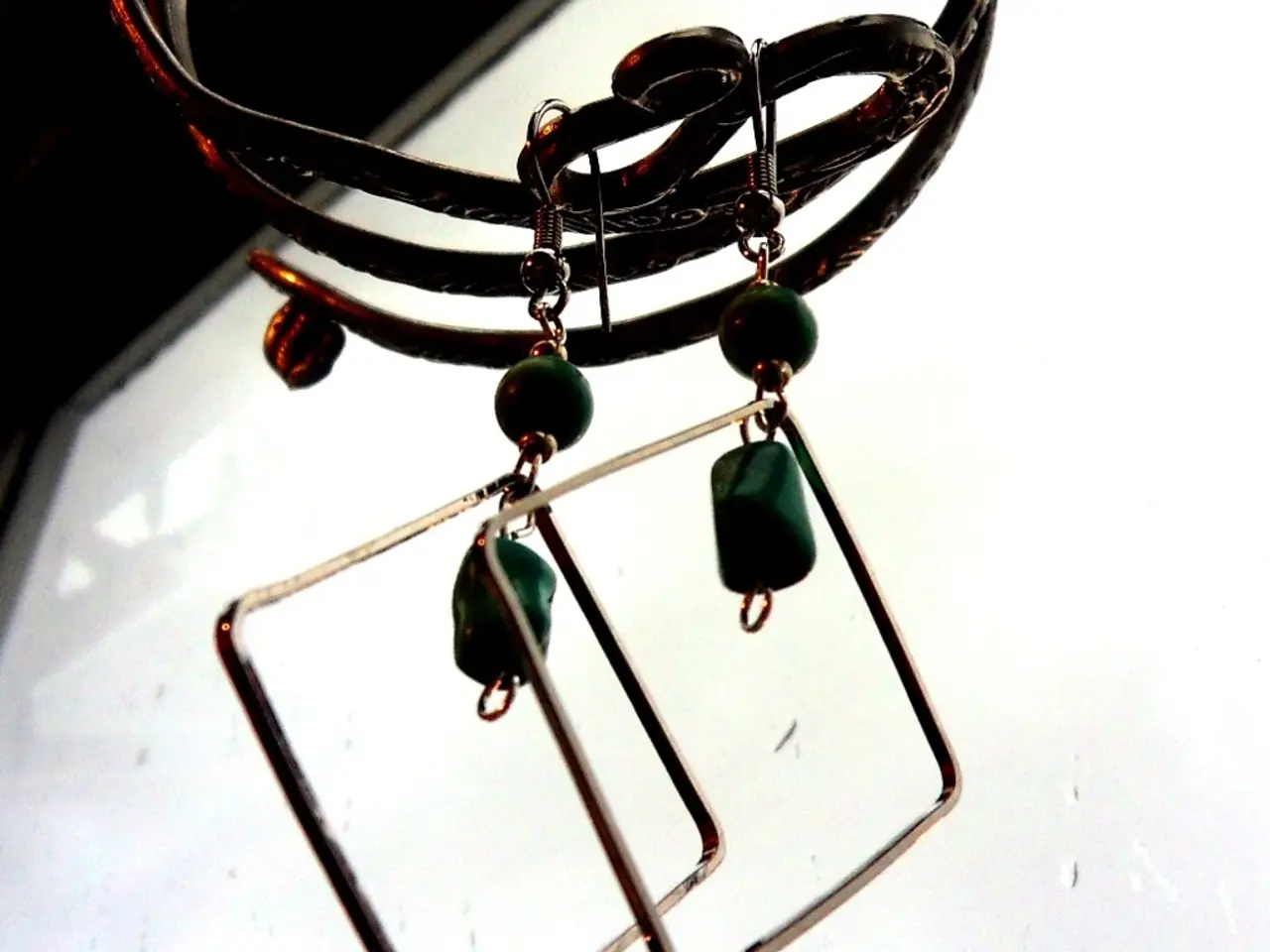Genetic link to tinnitus explored
Understanding Tinnitus: Causes, Symptoms, and Management
Tinnitus, a common health condition characterized by the perception of ringing, roaring, or buzzing sounds in the ear, can be caused by a variety of factors. While the exact cause of tinnitus is often unknown, genetic factors, age, and underlying health conditions can contribute to its development.
Genetic and Hereditary Factors
Hereditary hearing loss, classified into autosomal dominant and autosomal recessive types, can significantly increase the risk of tinnitus. Approximately half of the variance in age-related hearing loss may be heritable, contributing to the risk of tinnitus. Certain genetic syndromes like Down syndrome, Crouzon syndrome, and Waardenburg syndrome are associated with hearing loss, which may indirectly increase the risk of tinnitus [1-5]. However, currently, there is no specific genetic condition or set of genes that directly links to an increased risk of developing tinnitus.
Age-Related Hearing Loss and Tinnitus
As we age, our hearing can deteriorate, leading to tinnitus. Exposure to loud noises over time can also cause age-related hearing loss and tinnitus.
Underlying Health Conditions
Tinnitus can be a symptom of various health conditions, including Meniere's disease, diabetes, and circulatory issues such as hypertension and atherosclerosis. Meniere's disease, a disorder of the inner ear, can cause tinnitus and may have a hereditary component. Diabetes, a condition involving chronic high blood sugar levels, may also be associated with an increased risk of tinnitus. Hypertension, or high blood pressure, has been associated with an increased risk of tinnitus, and genetic factors may increase the likelihood that a person develops hypertension [2].
Other Causes
Tinnitus can also be caused by medication side effects, blockages within the ear due to a buildup of earwax or fluid from an ear infection, and even Temporomandibular (TMJ) disorders.
Management of Tinnitus
Treatments for chronic tinnitus are available to help ease the perceived intensity of the condition. These include hearing protection, audiological treatment, and behavioral therapies. It's essential to consult a healthcare professional for a proper diagnosis and treatment plan.
References:
[1] Nondahl, D. L., & Biesecker, B. B. (2014). Genetics of hearing loss. Cold Spring Harbor perspectives in medicine, 4(10), a020811.
[2] Shargorodsky, J., & Ciarleglio, M. R. (2017). Tinnitus and hypertension: a systematic review. The Journal of laryngology and otology, 131(10), 882-888.
[3] Cunningham, C. O., & Fay, H. S. (2013). Genetics of age-related hearing loss. Annual review of genetics, 47, 189-207.
[4] Hwang, S. Y., & Cho, Y. J. (2018). Genetic association between gastroesophageal reflux disease and hearing loss. Hearing research, 352, 1-7.
[5] Smith, R. J., & Davis, D. L. (2009). Genetics of hearing loss in humans. Nature reviews genetics, 10(12), 893-904.







